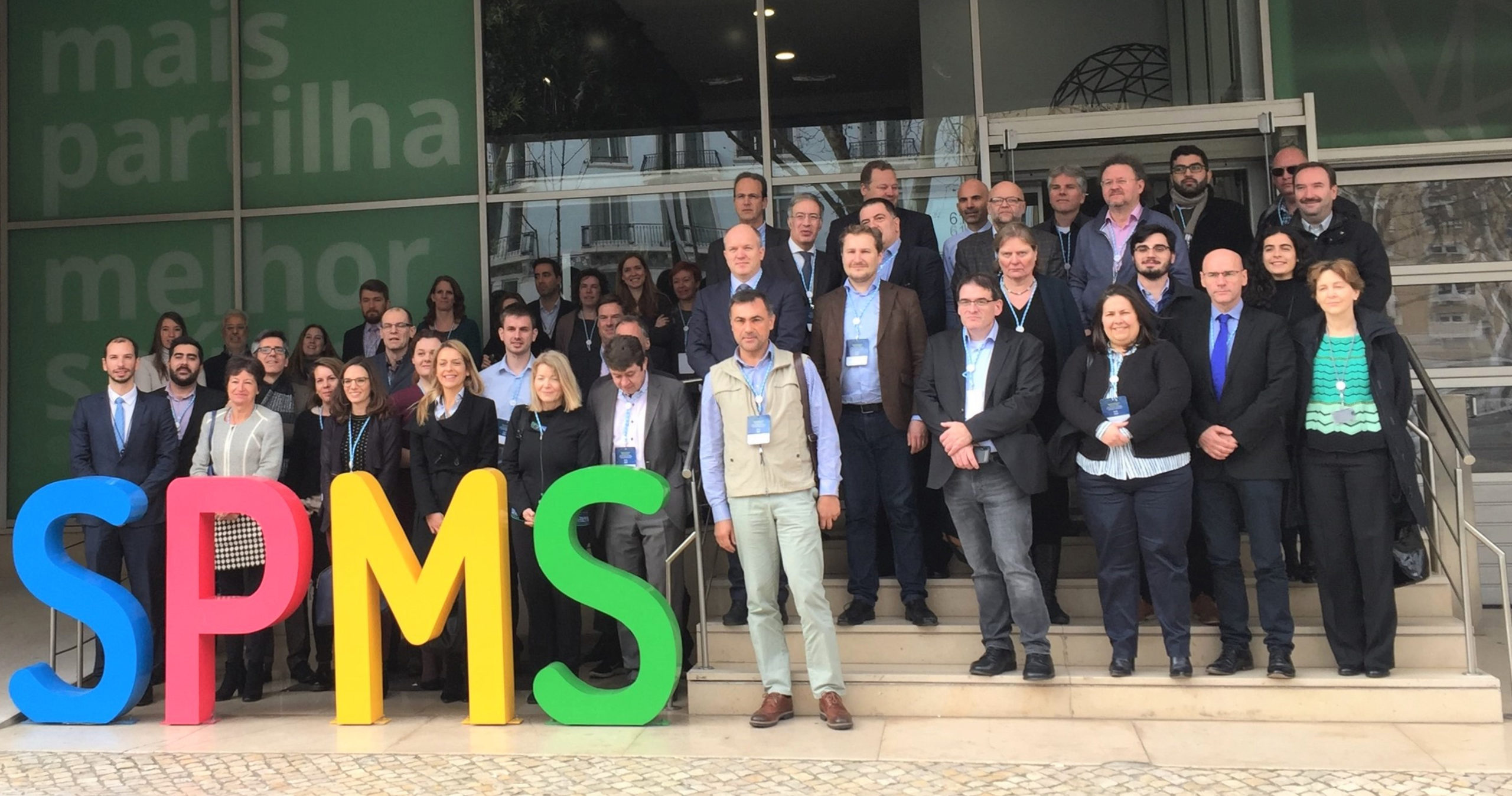The ‘Towards the European Health Data Space’ workshop was held at SPMS headquarters, in Lisbon, on 21st and 22nd January 2020.
Secondary use of data is a pillar of digital transformation in health. To ensure the safe use of data to support health, solid governance and leadership, multisectoral collaborations and respect for data protection values are required.
The creation of an EU Health Data Space aims to strengthen international cooperation in the scope of data governance, based on the GDPR. In this regard, eHAction Member States alongside with representatives from the European Commission and experts from several concerning entities addressed governance models and national strategies for secondary use of data, as well as political, technical and legal issues for collecting and sharing data for secondary use.
How will we work together at EU level? Focused on this motto, during this two-day workshop, participants brainstormed about potential challenges, initiatives and opportunities at the national and European level.
Big data and artificial intelligence are expected to improve quality of care, management of resources and sustainability. On the European Commission’s side, the ‘Towards the European Health Data Space’ workshop marked the beginning of the consultation process to health key stakeholders.
As Ursula von der Leyen wrote on 10
September 2019 when she was the President-elect of the European Commission in
the Mission letter to Stella Kyriakides, Commissioner-designate for Health:
“We
need to make the most of the potential of e-health to provide high-quality
healthcare and reduce inequalities. I want you to work on the creation of a
European Health Data Space to promote health-data exchange and support research
on new preventive strategies, as well as on treatments, medicines, medical
devices and outcomes. As part of this, you should ensure citizens have control
over their own personal data.”

